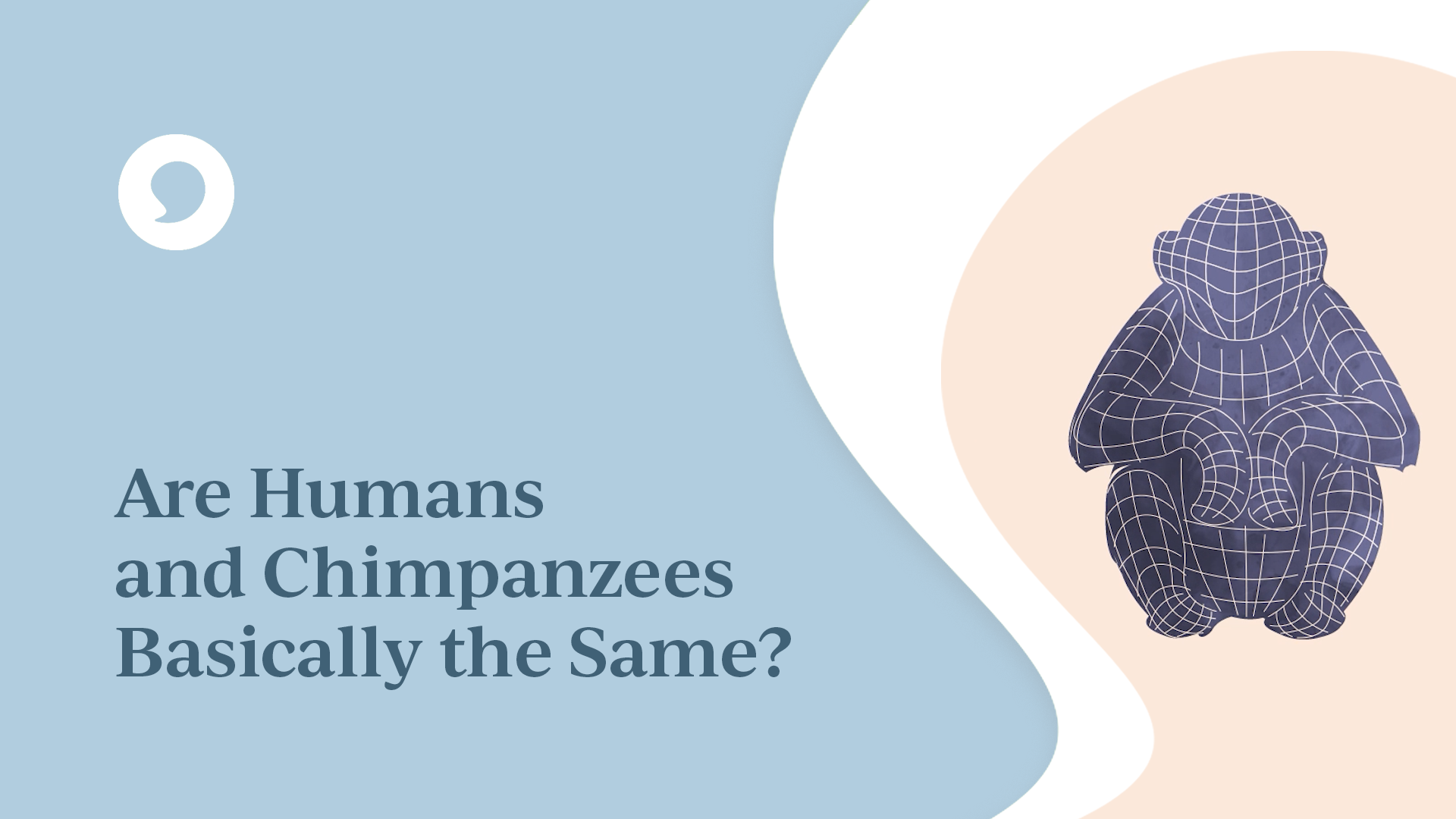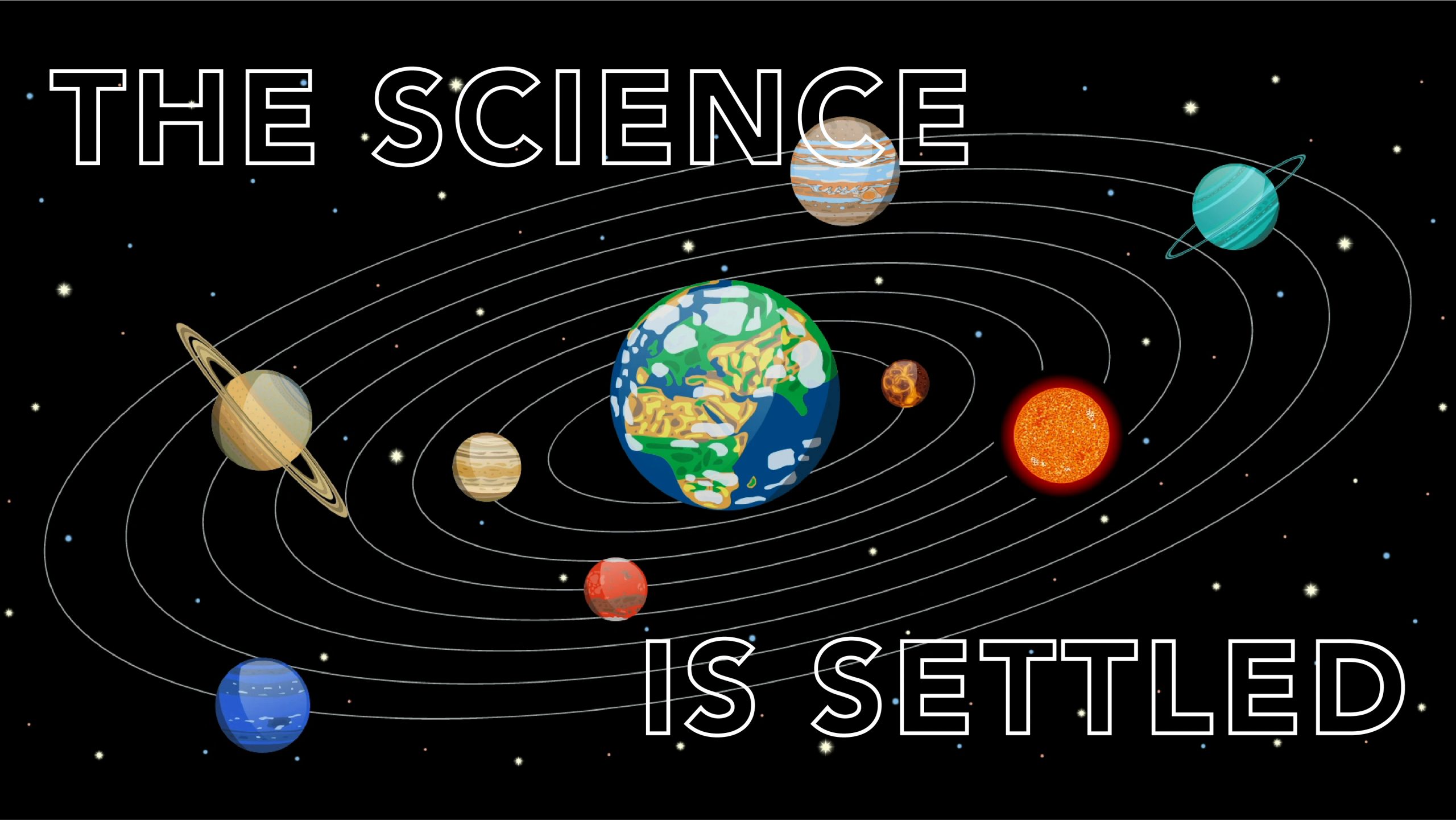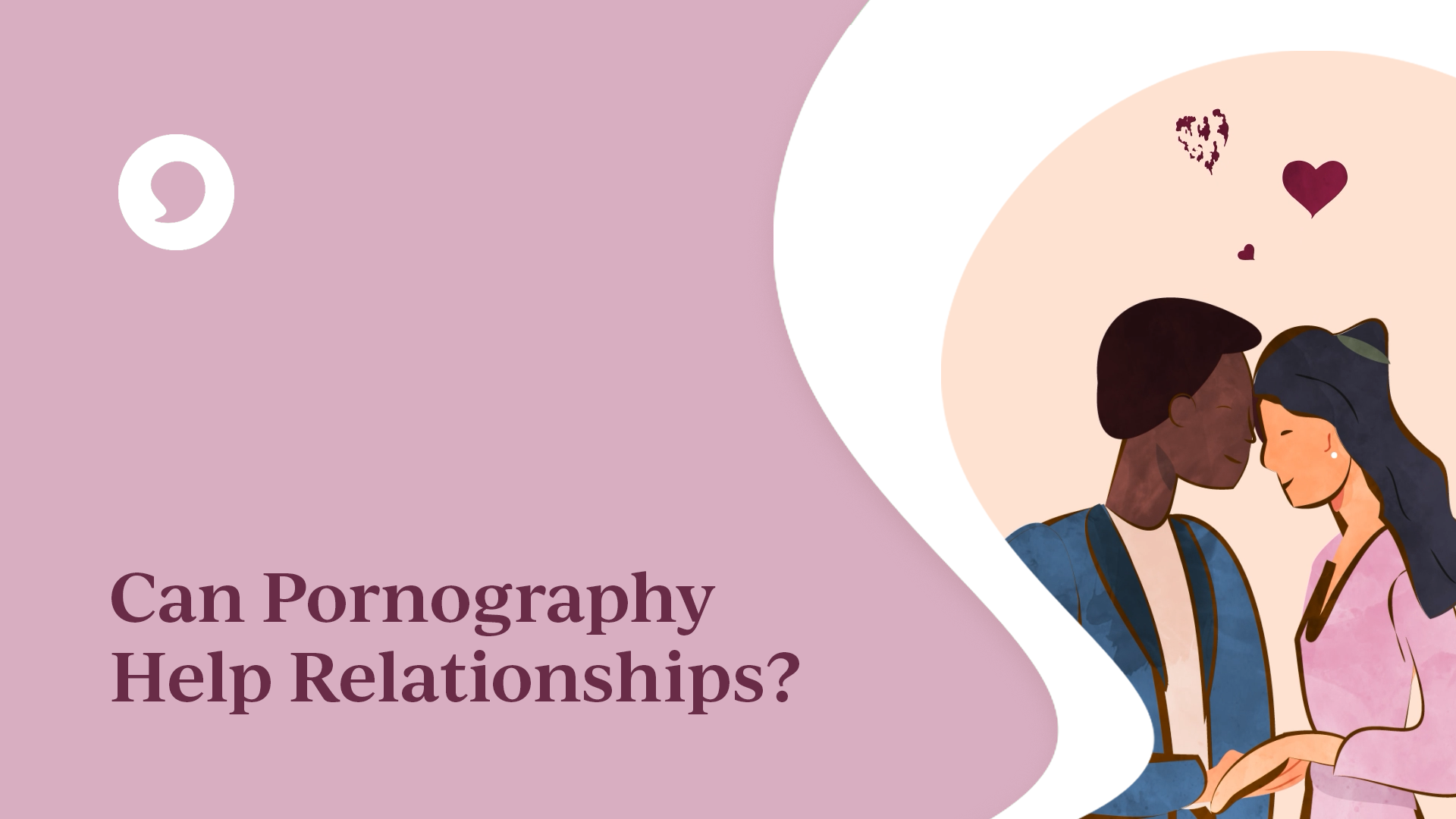Are We Morally Better Than Our Ancestors?
What Would You Say?
You’re in a conversation and someone says, “It’s the 2020s! Your beliefs are outdated and belong in the past. You’re on the wrong side of history.”
What would you say?
History is not a moral judge, ensuring that justice progresses from one generation to the next. In fact, anyone who thinks they are morally superior to their ancestors probably suffers from some serious moral blind spots of their own.
So, the next time someone says “You’re on the wrong side of history,” here are three things to remember:
First, moral progress is not inevitable.
Second, believing that modern people are on “the right side of history” is chronological snobbery.
Third, modern people have moral blind spots too.
- Transcript
- Watch More
You’re in a conversation and someone says, “It’s the 2020s! Your beliefs are outdated and belong in the past. You’re on the wrong side of history.” What would you say? It’s quite popular these days to talk about there being a wrong side of history and a right side of history. Typically, it’s a way to dismiss ideas as being old-fashioned, bigoted, or out-of-touch. History, though, just doesn’t work that way. History is not a moral judge, ensuring that justice progresses from one generation to the next. In fact, anyone who thinks they are morally superior to their ancestors probably suffers from some serious moral blind spots of their own. So, the next time someone says “You’re on the wrong side of history,” here are three things to remember: Number 1: Moral progress is not inevitable It’s actually surprising that anyone would believe in the inevitability of moral progress after the 20th century, which was the bloodiest in human history. Communism by itself left an estimated 100 million people dead by political purges, ethnic cleansing, and starvation. Last century the world saw the Holocaust, the gulags, the killing fields, the Great Leap Forward, and two World Wars. Not only were these atrocities done despite amazing breakthroughs in medical technology and science, most were actually carried out by governments that explicitly rejected the values and beliefs of the past and claimed to be leading the way to new eras of human history. So much for inevitable moral progress. Number 2: Believing that modern people are on “the right side of history” is actually chronological snobbery C. S. Lewis and his friend Owen Barfield used the term “chronological snobbery” to describe those who judged the past by the standards of the present. In practice, it leads to the assumption that anything newer is necessarily better, and anything older must be worse. But what makes some beliefs and customs of the present better or worse than those of earlier generations? Who put us in charge of making that judgment? What standard should we use? Evaluating any time period requires a standard of justice that’s timeless. Merely appealing to the calendar doesn’t tell us anything. Of course, many historical injustices have been addressed and corrected, and that’s a good thing. But past generations also had many virtues we lack. As mentioned earlier, the most recent generation has, in many ways, proven to be the worst. Number 3: Modern people have moral blind spots Princeton professor Robert George likes to tell the story about asking his students if they would have been abolitionists had they lived in the days of slavery. All of them say “Yes!” When he asks them to name a single time in their lives, though, when they stood for the rights of an unpopular, dehumanized group, knowing that it would cost them friends, job opportunities, and the respect of powerful people, the room gets pretty quiet at that point. It’s easy to Monday-morning-quarterback the past and feel morally superior to people who are long dead. It’s much harder to be on the right side of unpopular issues today, like abortion, euthanasia, or the sexualization of children. All injustices, including those from history, should be condemned. But before we focus our moral superiority on removing the speck from our ancestors’ eyes, we should remove the log from our own. So, the next time you’re expressing your beliefs and someone says, “that’s outdated! You’re on the wrong side of history,” remember these three things: Number 1: Moral progress is not inevitable. Remember, the last century was the bloodiest in history. Number 2: Believing that modern people are on “the right side of history” is chronological snobbery. The current generation does not get to claim moral superiority over the past. Number 3: Modern people have moral blind spots too. The real test of morality is being willing to stand up for what’s right, even and especially when it costs you something. For What Would You Say, I’m Shane Morris.


